Best Diet for Older Cats
Introduction
As your cat grows older, their body begins to function differently. What worked in their younger years may no longer support their well-being. Choosing the best diet for older cats is more than just switching to softer food, it’s about adjusting nutrition to match aging needs. Senior cats, typically over 10, often face health issues like joint pain, dental discomfort, decreased energy, and sensitive digestion. That’s why giving them the right food becomes one of the most important steps in maintaining their quality of life.
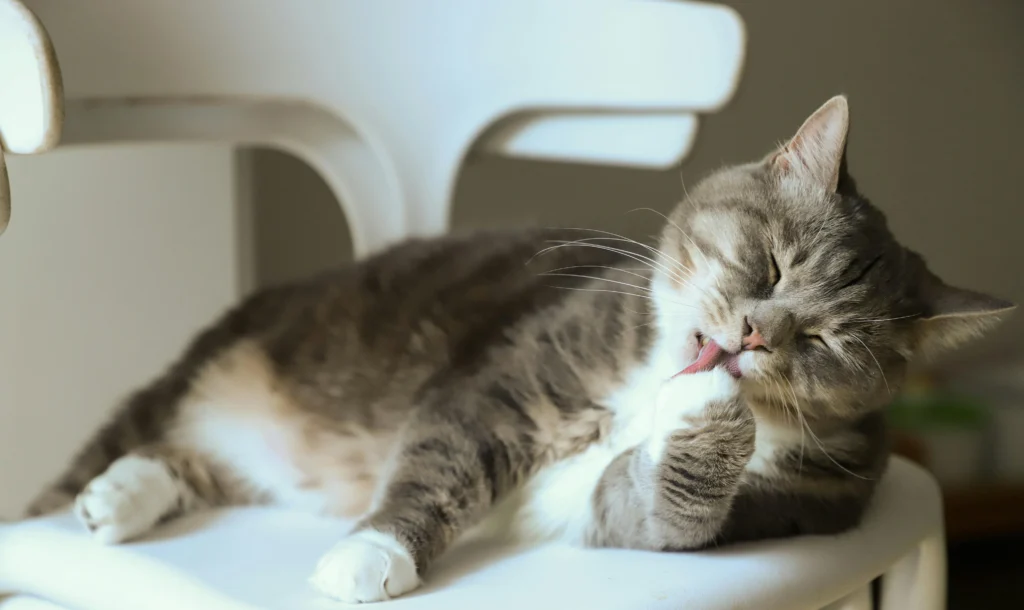
An ideal senior cat diet should focus on high-quality proteins, moderate fats, and ingredients that support kidney and heart health. Nutrients like taurine, antioxidants, omega-3 fatty acids, and glucosamine can help keep your feline active, sharp, and comfortable. Hydration is another critical factor, especially as many older cats have kidney-related issues. Including wet food in their diet or mixing in water with meals is a simple and effective way to support better hydration.
Much like people, senior cats require extra attention and a well-balanced, mindful diet. The best diet for older cats will not only help manage existing health conditions but can also delay the onset of age-related issues. By making informed food choices today, you’re giving your cat a healthier, happier tomorrow. In the next sections, we’ll explore how to read labels, what ingredients to avoid, and how to create a feeding routine that fits your senior cat’s specific lifestyle.
Table of Contents
Essential Nutrients in the Best Diet for Older Cats
When cats enter their senior years, their bodies begin to change, requiring a different balance of nutrients to stay healthy. Choosing the best diet for older cats means understanding what specific ingredients support aging systems and improve daily comfort.
High-Quality Protein for Aging Muscles
As cats age, they often lose muscle mass. A diet rich in easily digestible, animal-based protein can help maintain strength and prevent weakness. Chicken, turkey, or fish-based meals offer the amino acids older cats need to keep their bodies functioning well. Unlike filler proteins, real meat delivers lasting energy and supports recovery from everyday activity.
Healthy Fats for Skin, Coat, and Joints
Omega-3 and omega-6 fatty acids are crucial for reducing inflammation and supporting joint mobility. These fats also keep a senior cat’s coat shiny and skin moisturized. In the best diet for older cats, you’ll often find these nutrients sourced from salmon oil, flaxseed, or similar healthy oils.
Fiber and Moisture for Digestion and Hydration
Older cats may develop digestive issues like constipation or dehydration. That’s why fiber from vegetables and whole grains is essential, along with moisture-rich food options. Wet food or broths help maintain kidney health and keep your cat properly hydrated throughout the day.
Vitamins and Antioxidants for Immune Support
A strong immune system helps older cats fight off illness. Antioxidants such as vitamin E and C, plus essential minerals like zinc, are important to keep them protected. These ingredients are commonly found in premium formulas tailored to senior cats.
Common Feeding Challenges in Senior Cats
As cats grow older, their dietary needs become more complex, and many owners face new challenges when it comes to feeding. Understanding these problems is essential for choosing the best diet for older cats, ensuring they receive the nutrition they need without stress or discomfort.
Decreased Appetite and Picky Eating
A sudden decrease in appetite is a frequent concern in senior cats, often triggered by dental discomfort, diminished sense of smell, or hidden health problems. Offering food that is aromatic and soft in texture can help. Wet food or gently warmed meals often stimulate interest in eating. The best diet for older cats often includes highly palatable ingredients to encourage consistent meals.
Dental Issues Affecting Chewing
Older cats frequently experience dental problems, such as gum disease or missing teeth, which make it difficult to chew kibble. Transitioning to soft, moist food can reduce discomfort and support better nutrient absorption. Some senior-specific diets are designed to be easy on the teeth while still offering complete nutrition.
Digestive Sensitivities and Food Intolerances
Aging can lead to changes in digestion. Senior cats may develop intolerances to certain proteins or grains, resulting in vomiting, diarrhea, or gas. Choose foods with gentle, easy-to-digest ingredients and steer clear of artificial additives. The best diet for older cats often includes limited-ingredient recipes that reduce the risk of allergic reactions.
Weight Fluctuations: Gain or Loss
Some older cats gain weight due to inactivity, while others lose weight from underlying health issues. Regularly assessing your cat’s body condition and modifying their calorie intake accordingly is essential.. Diets made for seniors offer balanced nutrition tailored to these fluctuations.
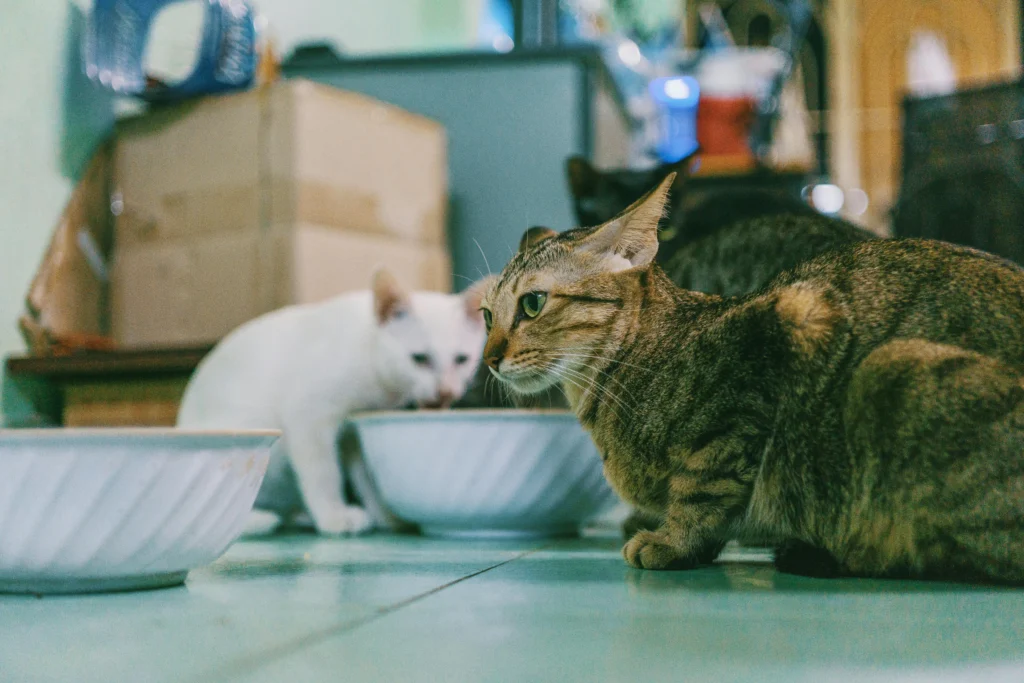
Tips for Transitioning to the Best Diet for Older Cats
Transitioning your senior cat to a new diet can be challenging, especially if they’ve been eating the same food for years. To ensure a smooth and successful change, it’s important to follow a few simple strategies that protect their digestive system and encourage acceptance.
Start Slowly with Gradual Changes
Cats are creatures of habit. A sudden change in their food may lead to refusal or digestive upset. Start by mixing a small portion of the new food into their current meal. Over the course of 7 to 10 days, slowly transition by increasing the new food while decreasing the old. This gradual shift allows their digestive system to adjust and lowers the risk of stomach issues.
Monitor Their Health During the Switch
Carefully monitor your cat’s bowel movements, eating habits, and activity levels throughout the transition period. Any signs of vomiting, diarrhea, or decreased interest in food could indicate that the new formula isn’t a good fit. Since the best diet for older cats supports healthy digestion and energy levels, monitoring these aspects helps confirm the switch is benefiting your pet.
Choose High-Quality Senior-Specific Formulas
The best diet for older cats is specifically designed to meet the nutritional needs of aging felines. Look for products labeled as senior or mature cat formulas. These often include added joint support, easy-to-digest proteins, and optimal fat levels to maintain a healthy weight.
Consult Your Veterinarian for Guidance
Consult your veterinarian before implementing significant dietary changes. They can recommend the most suitable diet tailored to your cat’s age, health status, and daily routine. This helps provide your senior cat with the specific care and support they require.
Homemade vs. Commercial Diets: What’s Best for Older Cats?
Choosing between homemade and commercial diets for your senior cat can be challenging. Both options have their advantages, but knowing which is best depends on your cat’s individual needs. The best diet for older cats is the one that delivers balanced nutrition, supports aging organs, and is easy to digest.
Benefits and Risks of Homemade Diets
Homemade diets allow for full control over ingredients. You can tailor meals to avoid allergens, use high-quality meats, and exclude artificial additives. Many pet parents feel this is a healthier, more natural approach. However, the greatest concern is an imbalance in nutrition. Older cats need carefully balanced levels of protein, vitamins, and minerals. A poorly balanced homemade diet can lead to deficiencies or excesses, which may worsen age-related health problems.
If you’re considering homemade meals, it’s essential to consult a veterinary nutritionist. They can help you design recipes that align with the best diet for older cats, ensuring your meals meet all essential nutrient requirements.
Advantages of Commercial Senior Cat Foods
Commercial cat foods are specially formulated to address the distinct nutritional needs of senior cats. Many contain joint-supporting nutrients like glucosamine, as well as prebiotics and omega-3s to aid digestion and inflammation. They are also evaluated to ensure safety and proper nutritional balance. Reputable brands offer prescription and non-prescription options suited for cats with kidney disease, arthritis, or dental issues.
For most pet owners, commercial diets provide a convenient and reliable way to feed their senior cats. When choosing a product, look for one labeled “complete and balanced” for senior maintenance.
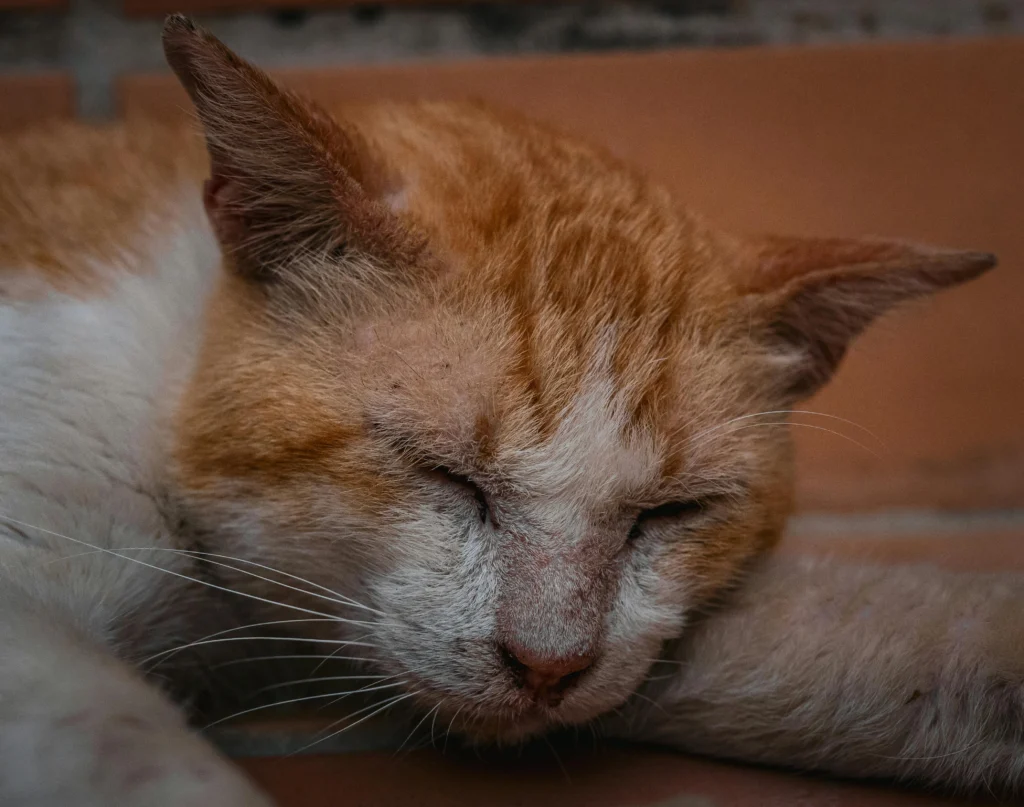
Recognizing When to Adjust the Best Diet for Older Cats
As cats grow older, their dietary requirements change over time. Even if your senior feline is already eating what’s considered the best diet for older cats, certain signs may indicate it’s time to reassess and adjust their meal plan.
Changes in Weight and Muscle Mass
One of the most obvious signs that your cat’s current diet isn’t meeting their needs is a noticeable change in body condition. Older cats often experience muscle loss due to reduced protein absorption. If you notice your cat becoming thinner or less active, it may mean their food lacks adequate, high-quality protein. Conversely, if your cat is gaining excess weight, they might need a lower-calorie formula better suited to their slower metabolism.
The best diet for older cats should provide enough lean protein while being mindful of caloric content to maintain a healthy weight and muscle tone.
Digestive Issues and Appetite Loss
Senior cats often suffer from sensitive stomachs or dental discomfort, both of which can affect how well they digest food or enjoy eating. If your cat is vomiting more frequently, has diarrhea, or suddenly becomes a picky eater, these could all be red flags. Transitioning to a diet with highly digestible ingredients and softer textures might be necessary.
Wet food, or moistened kibble, often works well for older cats with dental problems. Look for options labeled “easy to digest” or those made specifically for sensitive stomachs.
Behavioral Changes and Energy Levels
A sudden decrease in energy or shifts in mood could be signs of underlying nutritional deficiencies. Ensuring your cat’s food includes essential fatty acids, antioxidants, and vitamins can make a noticeable difference.
Hydration and Nutrition: A Key Pair in the Best Diet for Older Cats
Proper hydration plays a vital role in maintaining the health of senior cats. While diet is critical, water intake becomes just as important with age. Together, hydration and balanced nutrition form the foundation of the best diet for older cats.
Why Senior Cats Are More Prone to Dehydration
As cats get older, their kidney function may decline, making them more susceptible to chronic dehydration. Older cats may also have a reduced sense of thirst, making them less likely to drink adequate amounts of water on their own. Dehydration can lead to or worsen common age-related issues such as kidney disease, urinary tract infections, and constipation.
Even if your cat is on the best diet for older cats, insufficient water intake can undermine the benefits of their nutrition plan.
How to Improve Hydration Through Diet
Integrating moisture-rich foods is a simple and effective way to support your senior cat’s hydration. Wet or canned cat food contains about 70-80% water, significantly more than the 10% found in dry kibble. Feeding a high-quality wet food can complement your cat’s nutritional needs while increasing their water intake.
You can also add warm water or low-sodium broth to their meals to encourage more fluid consumption. Some senior cats enjoy licking ice cubes or drinking from pet fountains, which simulate running water and can entice them to drink more.
A truly effective plan includes both solid nutrition and consistent hydration. By combining the best diet for older cats with strategies that promote healthy water intake, you’re helping to support your cat’s organ function, digestion, and overall vitality.
Key Nutrients to Look For in an Ideal Senior Cat Diet
As cats age, their dietary needs evolve. A well-balanced, nutrient-rich plan becomes essential in maintaining their health and quality of life. Providing the best diet for older cats means understanding which nutrients are most critical during their senior years.
Protein: The Foundation of Senior Cat Nutrition
Senior cats require premium protein to maintain lean muscle mass and support their metabolic processes. Unlike younger felines, senior cats may process protein less efficiently, which means the quality of protein becomes more important than ever. Choose diets that list real meat or fish as the primary ingredient to provide your cat with the essential amino acids needed for muscle upkeep and immune health.
Healthy Fats and Omega-3 Fatty Acids
Fats provide energy and help maintain a glossy coat and healthy skin. More importantly, omega-3 fatty acids, such as those from fish oil, play a crucial role in reducing inflammation and supporting joint health, issues that commonly affect older cats. Including healthy fats in the best diet for older cats also benefits cognitive function.
Taurine, Antioxidants, and Other Key Additions
Taurine is a vital amino acid that plays a key role in supporting healthy heart function and vision. Antioxidants like vitamin E, vitamin C, and beta-carotene help combat oxidative stress, which becomes more common with age. Fiber is also important, as it aids in digestion and can help prevent hairballs or constipation.
Selecting the ideal diet for senior cats involves focusing on nutrient-rich foods with few fillers or artificial additives. The right balance of protein, fats, vitamins, and minerals can improve not just your cat’s health but also their mood, mobility, and lifespan.
Conclusion: Choosing the Best Diet for Older Cats
Caring for a senior cat involves more than just regular vet visits and a cozy sleeping spot—it starts with what’s in their food bowl. As cats age, their bodies go through significant changes, from slower metabolism to reduced kidney function and more sensitive digestion. These changes mean that the best diet for older cats isn’t just about calories it’s about high-quality nutrition tailored to meet their evolving needs.
A well-balanced diet for senior cats should include easily digestible proteins, limited phosphorus for kidney health, and added fiber for smooth digestion. Healthy fats, such as omega-3 fatty acids, support brain and joint health, while antioxidants can help strengthen the immune system. Wet food can also be particularly beneficial for hydration, especially if your cat tends to drink less water.
It’s equally essential to take your cat’s specific health needs into account. Whether they suffer from dental problems, arthritis, or early signs of chronic diseases, the right diet can make a big difference in comfort and longevity. That’s why choosing the best diet for older cats often means looking for veterinary-recommended options or consulting your vet about prescription diets suited to your cat’s specific condition.
In conclusion, the best gift you can offer your aging feline friend is a diet that meets their nutritional needs while keeping them happy and active. Whether you opt for commercial senior cat food or a custom vet-recommended plan, always prioritize high-quality ingredients and your cat’s personal health profile. The best diet for older cats promotes not only a healthier life but a happier one full of purrs, cuddles, and companionship in their golden years.
FAQ
1. What makes the best diet for older cats different from regular cat food?
As cats age, their metabolism slows, and they often face health concerns such as reduced kidney function, dental problems, or joint stiffness. The best diet for older cats takes these factors into account by offering easy-to-digest proteins, lower phosphorus levels, and added nutrients like omega-3 fatty acids for joint and heart health.
2. Is wet food better than dry food for senior cats?
Wet food is often recommended for senior cats because of its higher moisture content. Older cats may not drink enough water on their own, which can lead to dehydration or worsen kidney issues. Including wet food in the best diet for older cats helps support hydration and is also easier to chew if dental problems are present.
3. How often should I feed my older cat?
Many senior cats do better with smaller, more frequent meals throughout the day. Instead of one or two large meals, try offering three or four smaller portions. This helps prevent overeating and supports better digestion, key parts of the best diet for older cats.
4. Are supplements necessary?
Not always. If you’re feeding your cat a well-balanced senior formula, most essential nutrients should already be included. However, some cats may benefit from added joint support or digestive enzymes, depending on their specific needs.
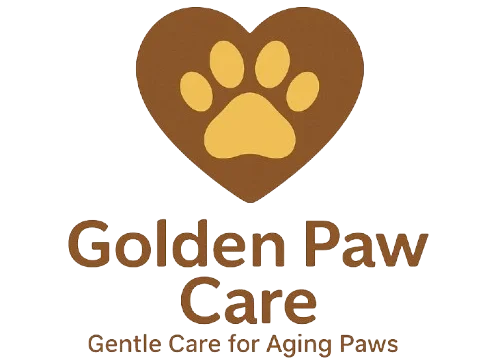
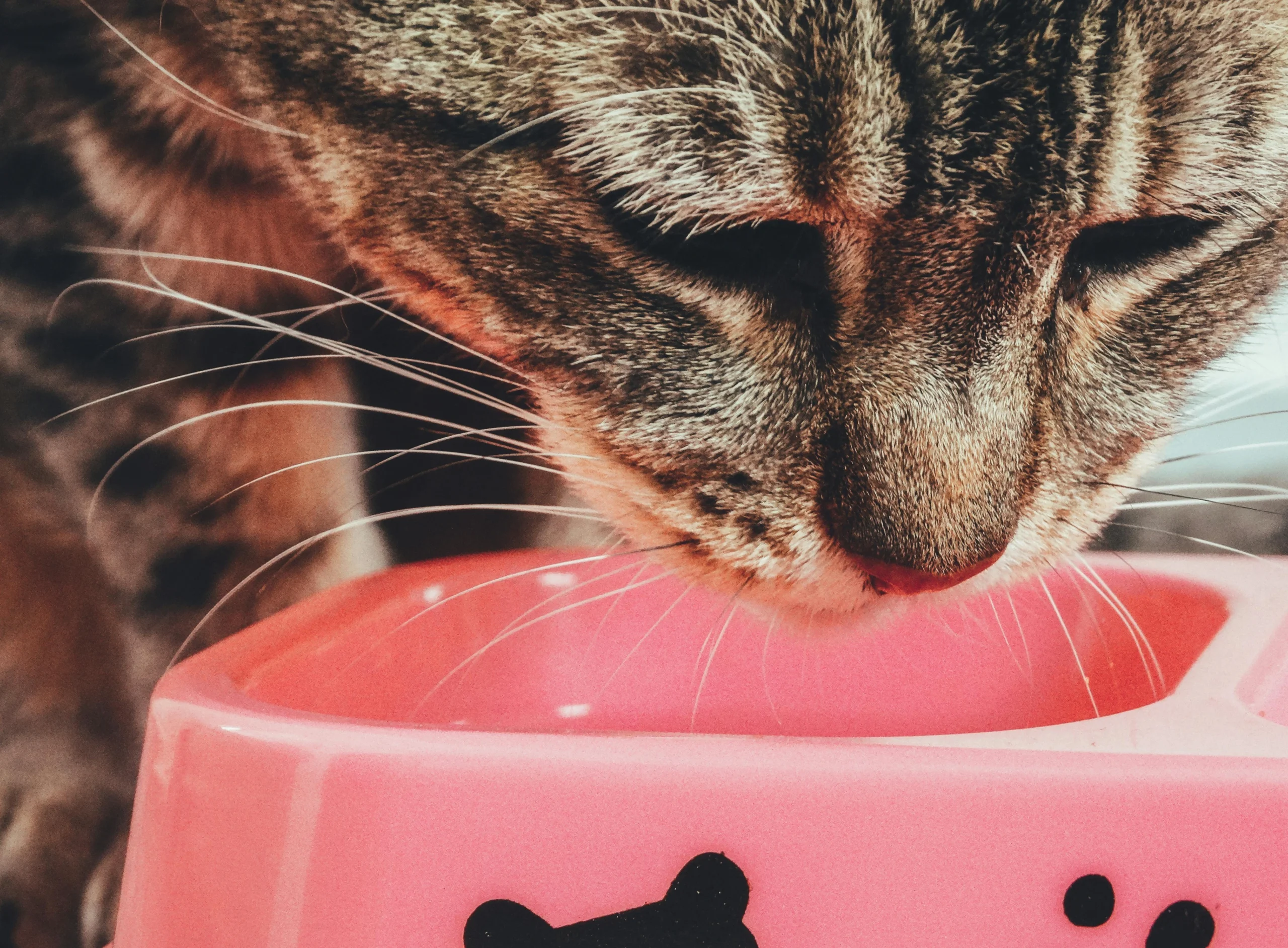
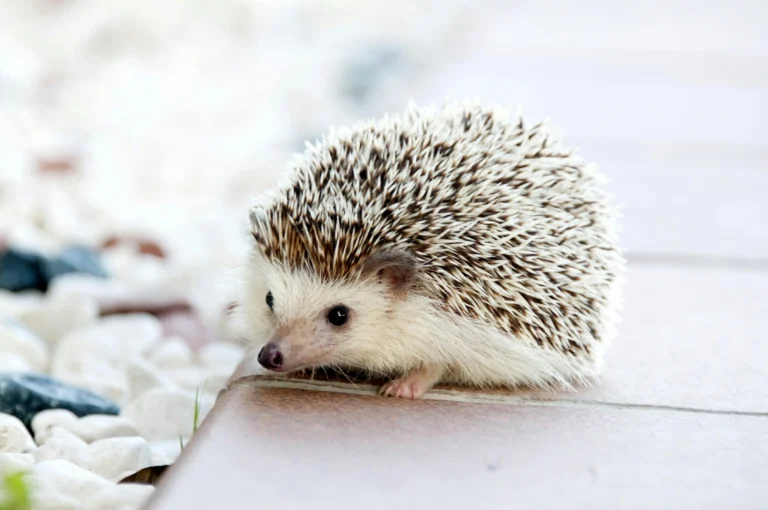
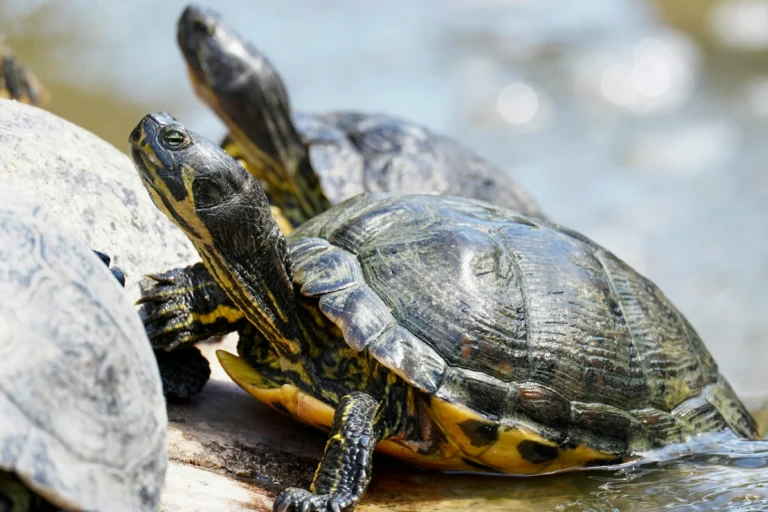
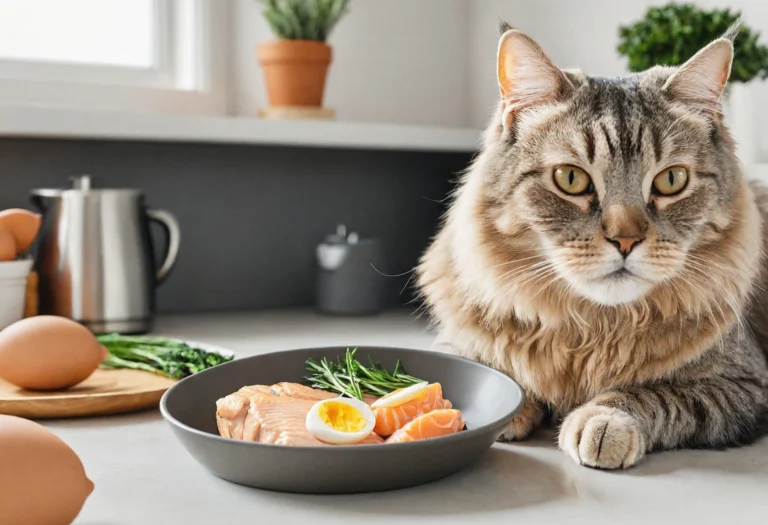
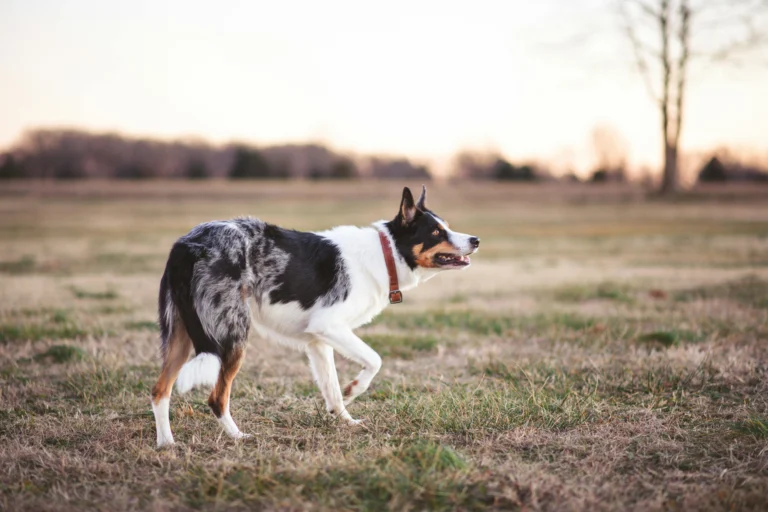
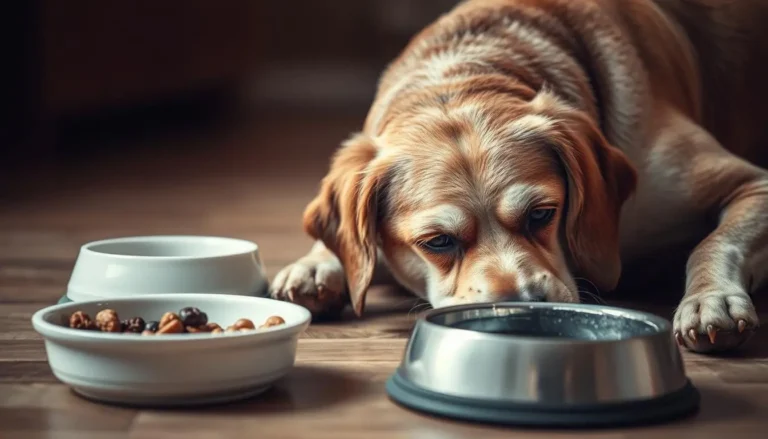
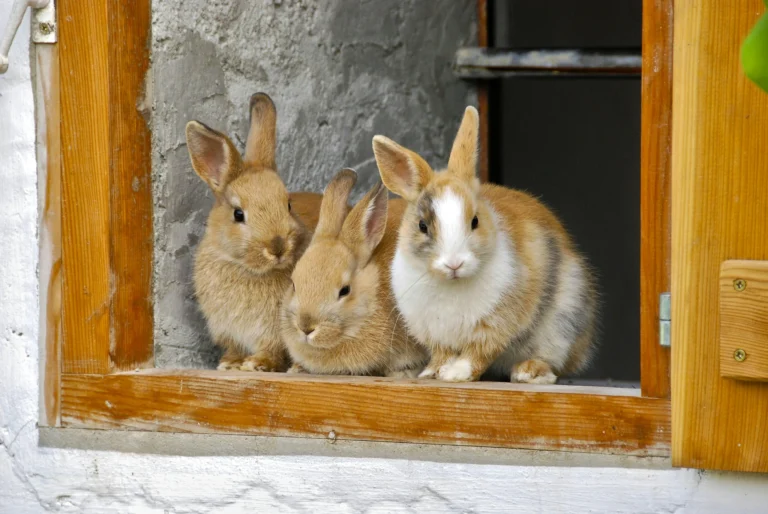
2 Comments